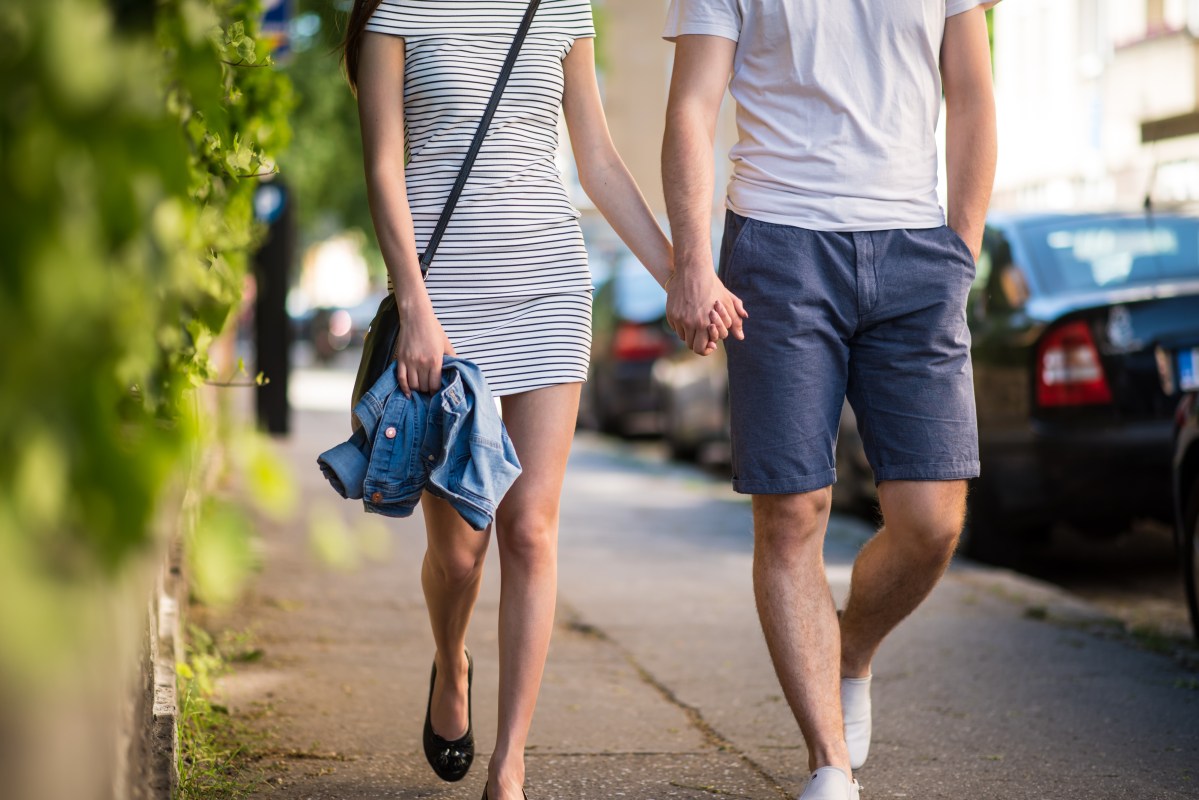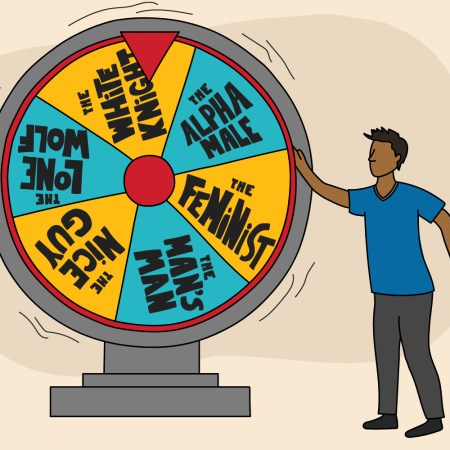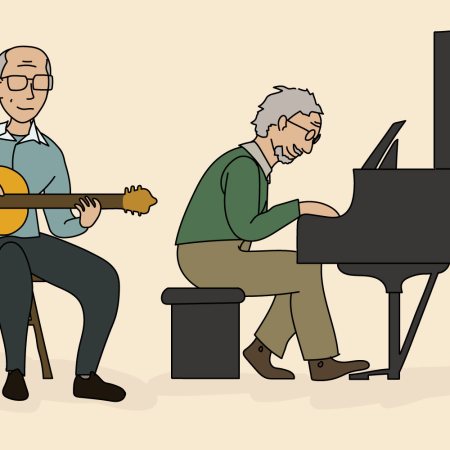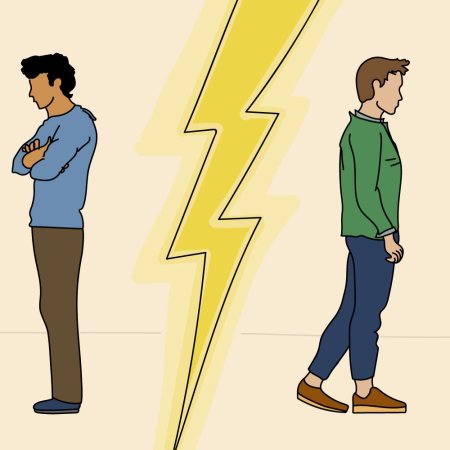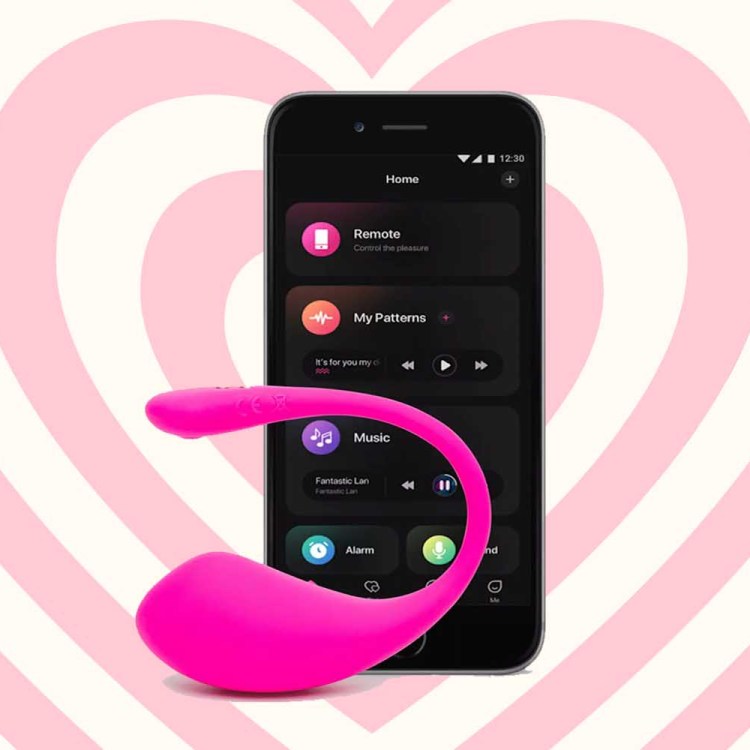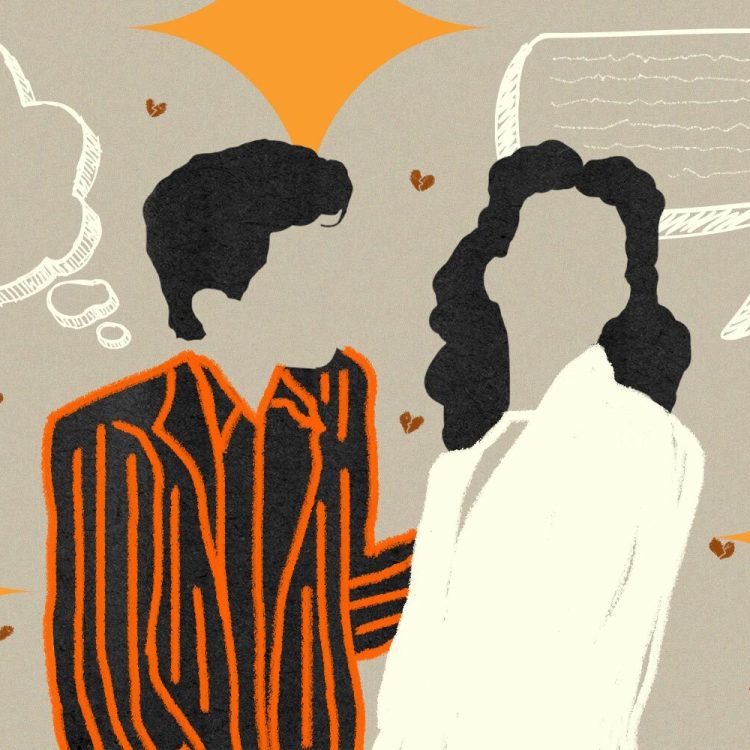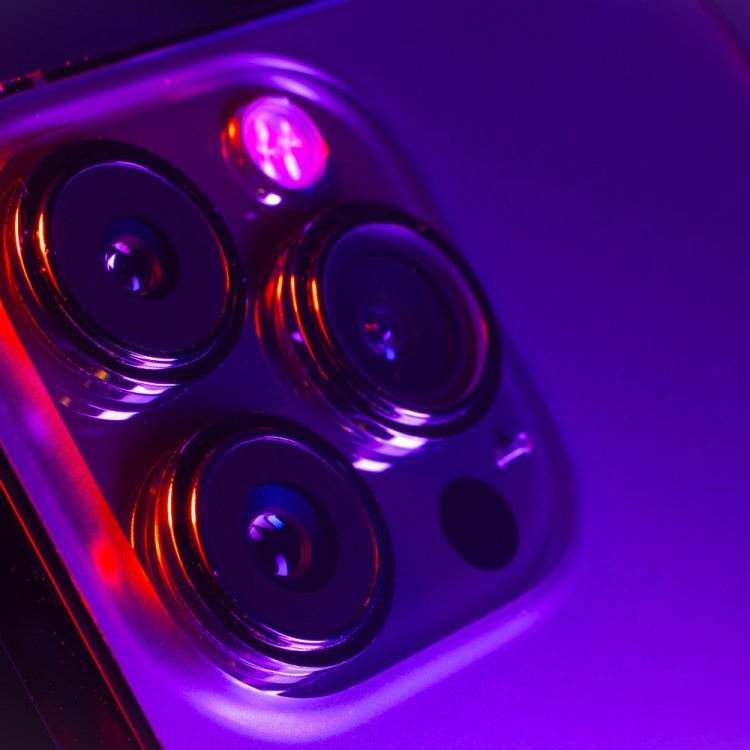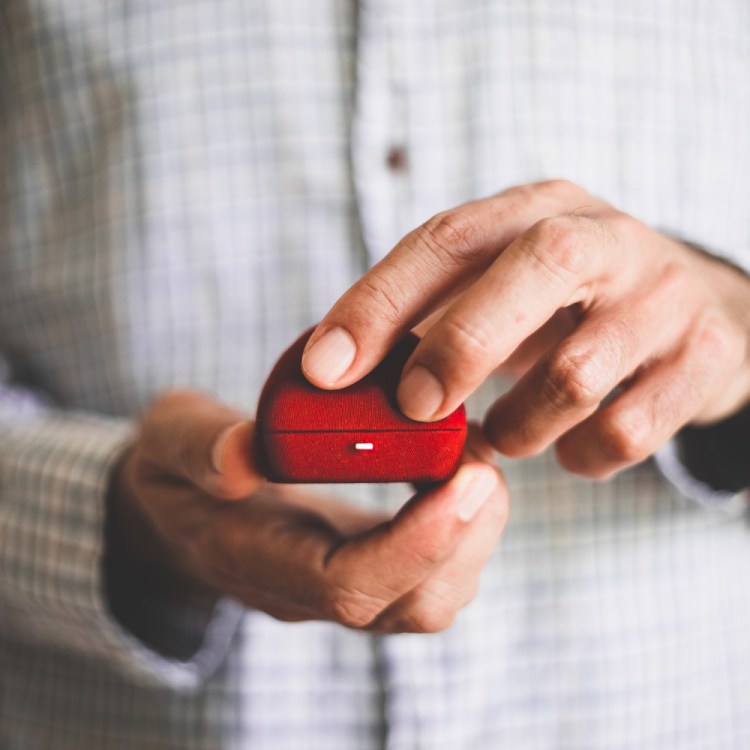You probably know what your ideal qualities are in a potential mate. You’re also probably wrong, according to recent research.
Published in June and referenced extensively in a recent piece by Alice Freerackers, the study, “Negligible evidence that people desire partners who uniquely fit their ideals,” found, well, exactly that. Whatever qualities you think you look for in a match probably aren’t significant predictors of who you’ll find yourself most attracted to.
In the study, published in the Journal of Experimental Social Psychology, a team of researchers led by Jehan Sparks conducted two experiments designed to test whether our romantic ideals match up with our romantic reality. In the first study, participants went on a blind date and reported back. In the second, participants nominated five friends and gave them a desirability ranking. In both studies, participants were asked to list the top qualities they look for in a romantic partner — things like intelligence, sense of humor, good with kids, etc. Participants then rated how well those ideal qualities described their romantic candidates.
Additionally, participants rated candidates’ attractiveness based on someone else’s top qualities as well. In theory, one might expect that a participant would be more attracted to a candidate who met their own romantic ideals than a candidate who met someone else’s. But what researchers found was that it didn’t seem to make much difference. As the study authors put it, “If Faye prefers kindness in a partner and Sonia prefers ambition, Faye should be especially attracted to kind partners and Sonia should be especially attracted to ambitious ones.” But what they found was that Faye would be just as interested in a candidate she thought was kind as she would be if she thought he was ambitious. So while participants’ own stated romantic preferences did predict who they said they’d be attracted to, those ideals weren’t any better at predicting their actual romantic interest than anyone else’s ideal qualities.
So what does all this tell us? Perhaps, as Sparks told Freerackers, that “we might not fully understand our own preferences.” When we outline our romantic ideals, she posited, “Are we just describing positive qualities that everyone wants?”
Subscribe here for our free daily newsletter.
Whether you’re looking to get into shape, or just get out of a funk, The Charge has got you covered. Sign up for our new wellness newsletter today.
